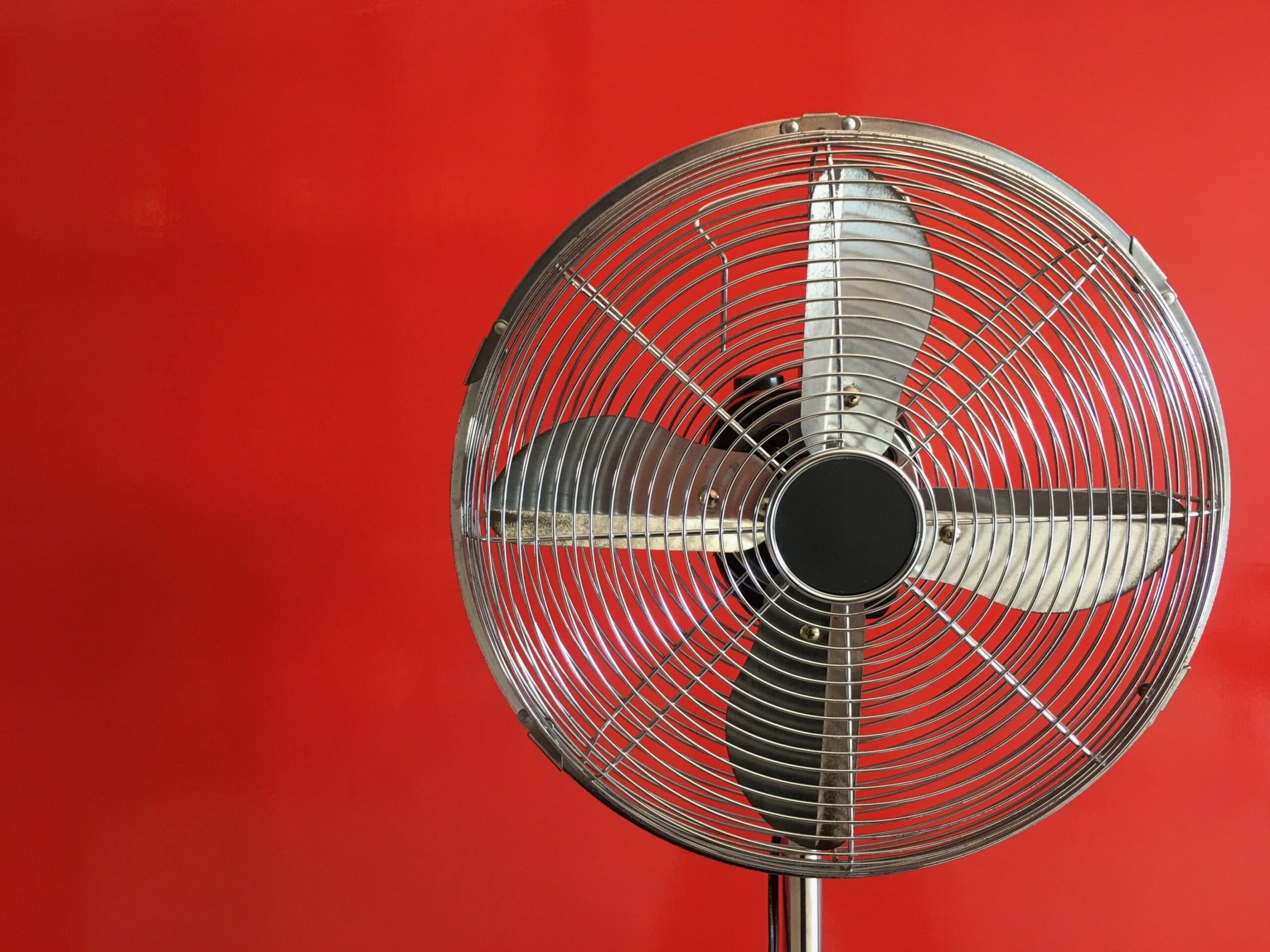Nine of Australia’s 10 hottest years on record have occurred since 2005 and last year was our third-warmest. These rising temperatures have health professionals concerned because heatwaves are a health risk. For young and old Australians especially, soaring temperatures can cause heatstroke and even death.
What’s more, blackouts aren’t uncommon during a heatwave because the use of air conditioners and fans puts stress on the electricity grid. So if a blackout does happen when temperatures are high, what can you do to protect yourself and stay cool?
A recent Australian study examined two heatwave scenarios – one a hot, humid heatwave (40 degrees celsius, 50 per cent humidity) and the other a very hot, dry heatwave (47 degrees celsius, 10 per cent humidity). They got volunteers to sit in climate-controlled rooms and test out three different strategies for keeping cool. The baseline, control strategy was drinking a cup of water every half hour.
The second group got to put their foot in water too, and the third group got to put water all over their body with a sponge. The researchers measured the core temperature of the volunteers, their heart rate, how much they perspired and how uncomfortable
they felt.
The study found that the sponge method of keeping cool was best. It helped to get rid of heat via evaporation, slightly decreased heart rate and also reduced sweating. Foot soaking was also effective but just not as much as the sponge.
Implications
The volunteers in this study were healthy young people, so the authors say more research has to be done in older populations to confirm the strategies will work for them. But the study does show that simply having access to tap water can make a meaningful difference to your ability to manage heatwaves in the event of a blackout.
As the effects of climate change continue to be felt and heatwaves become more frequent, familiarity with strategies for keeping cool will become even more important.

